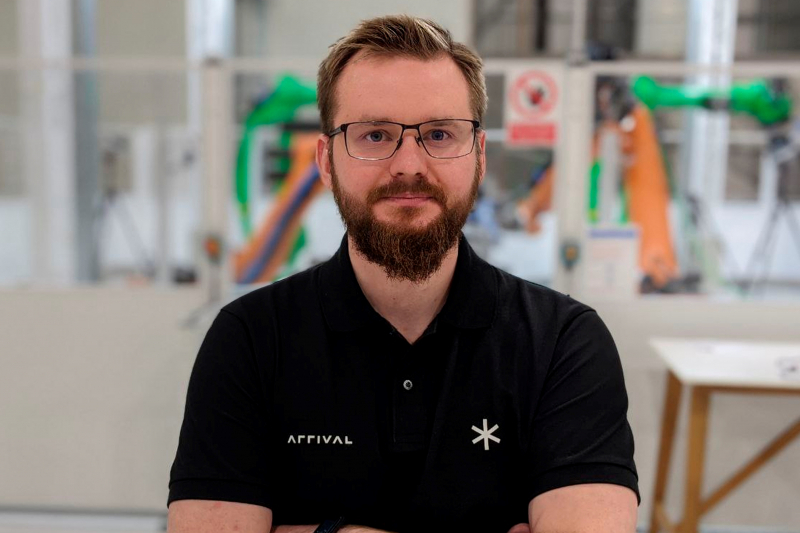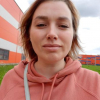Public Relations, Faculty of Control Systems and Robotics
ITMO Graduate Igor Petranevsky on His Studies and Career Path
Frankly speaking, back in 2012, I flipped a coin to decide where I was going to study because I got accepted everywhere I applied to. This way, I narrowed my choices down to St. Petersburg State University and ITMO University. Having these two in mind, I went to admissions offices to learn more about each and somehow ended up choosing ITMO’s Faculty of Control Systems and Robotics — they promised more.

My first year was suspiciously easy. I began to doubt my decision when I noticed how many of my fellow students managed to pass their exams just using what they’ve learned at school. However, everything changed when I had my first specialized class. It gave me the so-needed glimpse into the future. Thus, I learned what to expect and got a feeling that everything will work out.
In the beginning, it seemed that we were given a bunch of disciplines that could never be applied in the modern world. Yet the more major-specific subjects we had, the more excited I got about my future career in technical systems. I found it extremely inspiring to see how theory turned into practice. For example, when testing a synthesized PD controller in a LEGO Mindstorms NXT robot, I finally saw the link between a theoretical device and one of its billion possible uses.
I found my supervisor when I was about to complete my second year or so. It happened precisely when I was thinking about making a career change as I saw no career prospects for me. It was like this: a complete stranger walked into room No. 449 where I was doing my student project and asked whether I would help him with an industrial robot manipulator while pointing to a heap of steel that sat in the room’s corner. That was certainly a tempting offer and after I asked Anton Pyrkin (the dean of the Faculty of Control Systems and Robotics — Ed.) a million and one questions, I said yes.
I can’t for the life of me deal with theory unless it is proven in practice, and my faculty gives a full opportunity to work with real-world hardware and not to descent into an endless cycle of designing models and simulations.

As a Bachelor’s student, I was invited to join multiple projects that aimed to solve relevant problems of external customers. It was a chance for me to get hands-on experience — and get paid, as well. Once such opportunities came to the stage, I once and for all quit taking any work that only had to do with making money.
I’ve always been fascinated by how the existing stereotypes about higher education have nothing to do with what I’ve experienced myself. Our teachers always encouraged us to ask questions if we didn’t understand something, even if it was in the middle of a lecture. We could approach any person at the faculty, be it a teacher or a student, and ask them to explain something or lend a hand. No one ever said no, just sometimes they referred me to a person who could help me even better.
Shortly after this, I got my first experiences with big science: presentations at national and international conferences and the publishing of my first articles.
As opposed to flipping a coin, doing a Master's program in intelligent technologies and robotics was a conscious choice, and this course was a lot more intensive. I had way more sleepless nights than when I was a Bachelor’s student.
I’ve been a mathematician at Arrival’s Mobile Robotics Department for over four years now. After having worked there for so long, I can definitely say that everything I learned at the university (even chemistry!) helped me a lot in my work. As of now, I'm working on my PhD, also at my alma mater. And part of my thesis results are already protected by international patents thanks to my employer.
Translated by Marina Belyaeva
